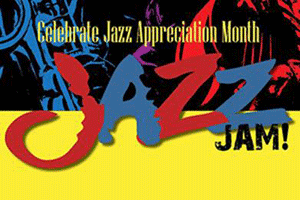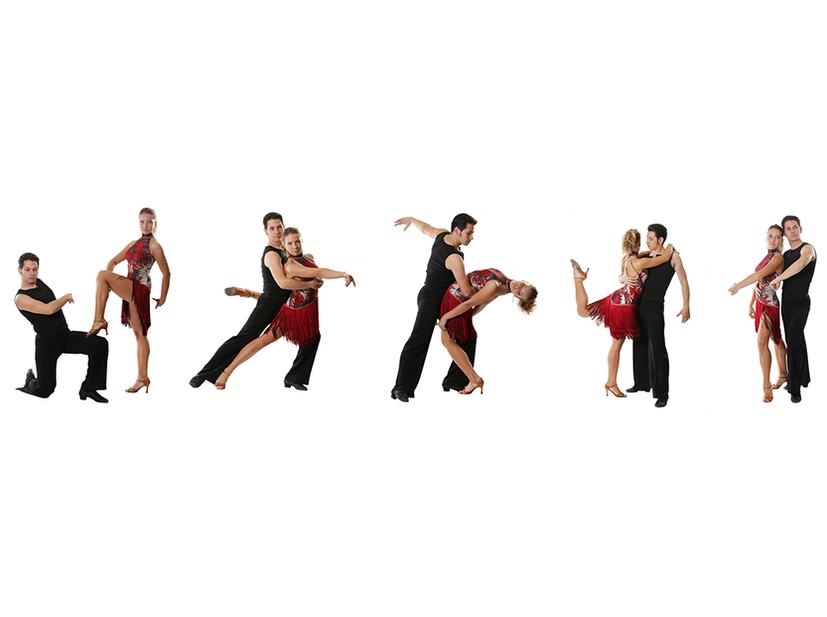“Word Echoes from SANZ”: Grooving with “SA JAZZ”
Written by Helewise Arends on October 24, 2017
Jazz is one of the most profound musical languages to come out of this country
and is said to be the classical music of the 20th century.
South African Jazz music is traced through a series of musical developments or rays –
which is a build-up of a collective expression that marks a cycle or an age.
A measurement of roughly 15yrs distinguishes one ray from another –
which is also roughly the length of time for a musician to fully develop his/her technique.
According to Struan Doulas, author of “The Story of SA Jazz”:
“Our story of ‘South African Jazz’ is a story that IS because it is a story that has become its writer.
There is truth, acceptance, warmth, generosity and transformation in this music.
SA Jazz has been formed & shaped by different lives lived in every multi-colored shade of human experience.”
SA Jazz emerged from harsh conditions, fusing a vast array of influences that became the voice of the people.
The 1940s & 1950s was a time when SA jazz culture was entrenched in township life.
SA Jazz performances happened in shebeens and clubs.
The written history and audio recordings of early jazz in SA is hazy at best,
due to constrictions of the government and the lack of corporate interest at the time.
The earlier bands forged new genres like “Marabi” and “Kwela” and later “Mbaqanga”
– effectively melding American jazz and big band sound, African traditional music
and soulful choral arrangements, to forge a distinctively SA sound.
The 1960s marked a troubling time for SA Jazz musicians, who under the growing tyranny of Apartheid
suffered imposed restrictions, but this did not stop musicians from practicing
their art as an act of defiance against the Apartheid government.
Many of SA’s most talented jazz musicians lived in exile during the Apartheid years.
.Over this period Sa Jazz took on a dual narrative, representing on the one hand
the voices of jazz artists in exile and, on the other, those ‘trapped’ within the country.
The release of Nelson Mandela and end of Apartheid in the early 1990s marked a hope of new beginnings.
Almost overnight, jazz shifted from becoming a revolutionary discourse to a commercial commodity.
Local artists of today have the freedom to explore their art
and offer commentary on a landscape characterized by newly emerging African identities.
Jazz today maintains a loyal audience with Jazz festivals hosted widespread in SA venues
and remains a vibrant #VoiceofthePeople.




